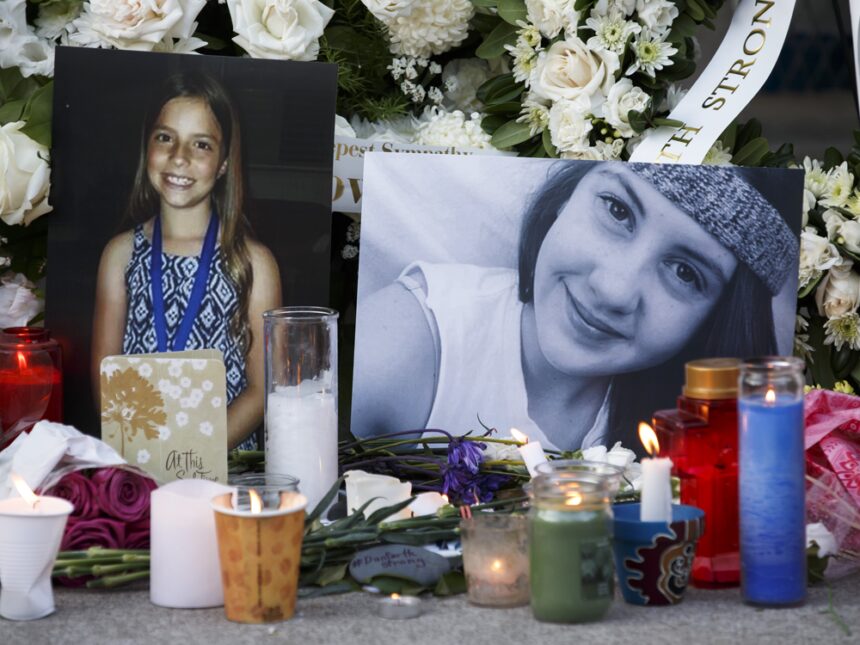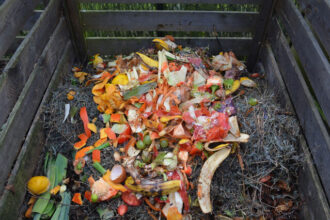In a landmark decision that could reshape gun liability across Canada, an Ontario court has certified a class-action lawsuit against U.S. gun manufacturer Smith & Wesson related to the 2018 Danforth Avenue mass shooting in Toronto. The ruling, announced Thursday, marks the first time a Canadian court has allowed such a case against a firearms manufacturer to proceed to trial.
The lawsuit, brought forward by victims and families affected by the July 22, 2018 tragedy that left two dead and 13 injured, alleges Smith & Wesson negligently designed its M&P40 handgun without readily available safety technology that could have prevented unauthorized use.
“This certification represents a critical step toward accountability in an industry that has long operated with minimal legal scrutiny in Canada,” said Malcolm Ruby, lead counsel for the plaintiffs. “The victims deserve answers about why technology that could have prevented this tragedy wasn’t implemented.”
The shooting, which devastated Toronto’s vibrant Greektown neighborhood, was carried out by 29-year-old Faisal Hussain, who used a stolen Smith & Wesson handgun before taking his own life. Among those killed were 18-year-old Reese Fallon and 10-year-old Julianna Kozis.
Court documents reveal the lawsuit’s central claim: that Smith & Wesson had promised the U.S. government in 2000 it would incorporate “smart gun” technology into new firearm designs—technology that prevents unauthorized users from firing the weapon. The plaintiffs argue this safety feature could have prevented Hussain, who obtained the weapon illegally, from using it in the attack.
Justice Paul Perell’s certification allows the case to move forward as a class action, representing all victims of the shooting. In his 74-page decision, Perell wrote that the plaintiffs had established “a viable cause of action” under Canadian negligence law.
Industry experts note this case represents a significant departure from previous attempts to hold gun manufacturers liable for criminal misuse of their products. Unlike the United States, where gun manufacturers enjoy broad immunity from such lawsuits under the 2005 Protection of Lawful Commerce in Arms Act, Canadian courts have not previously established such protections.
The CO24 News investigative team has learned that Smith & Wesson plans to vigorously contest the allegations, arguing that holding manufacturers responsible for criminal misuse of stolen products sets a dangerous precedent that could affect numerous industries.
“This certification doesn’t determine liability,” explained legal analyst Dr. Elaine Thompson from the University of Toronto’s Faculty of Law in an interview with CO24 Canada. “The plaintiffs still face significant hurdles in proving their case, but getting past certification is itself a major victory that few predicted.”
The financial implications could be substantial. The lawsuit seeks $150 million in damages, including $50 million in punitive damages aimed at changing industry practices.
Ken Price, whose daughter Samantha was injured in the shooting and who has become an advocate for stricter gun control through the group Danforth Families for Safe Communities, told our CO24 Politics team: “This has never been about money. It’s about holding corporations accountable for the foreseeable harm their products cause when they choose profits over readily available safety features.”
The case highlights growing tensions between public safety concerns and industry resistance to “smart gun” technology. Advocates argue such features could significantly reduce unauthorized gun use, while industry representatives maintain they would increase costs and potentially create reliability issues in self-defense situations.
As the legal process unfolds, this precedent-setting case raises a profound question for Canadian society: Should manufacturers bear responsibility for implementing available safety features that could prevent foreseeable misuse of their products, or does that responsibility lie solely with the individuals who commit crimes?










